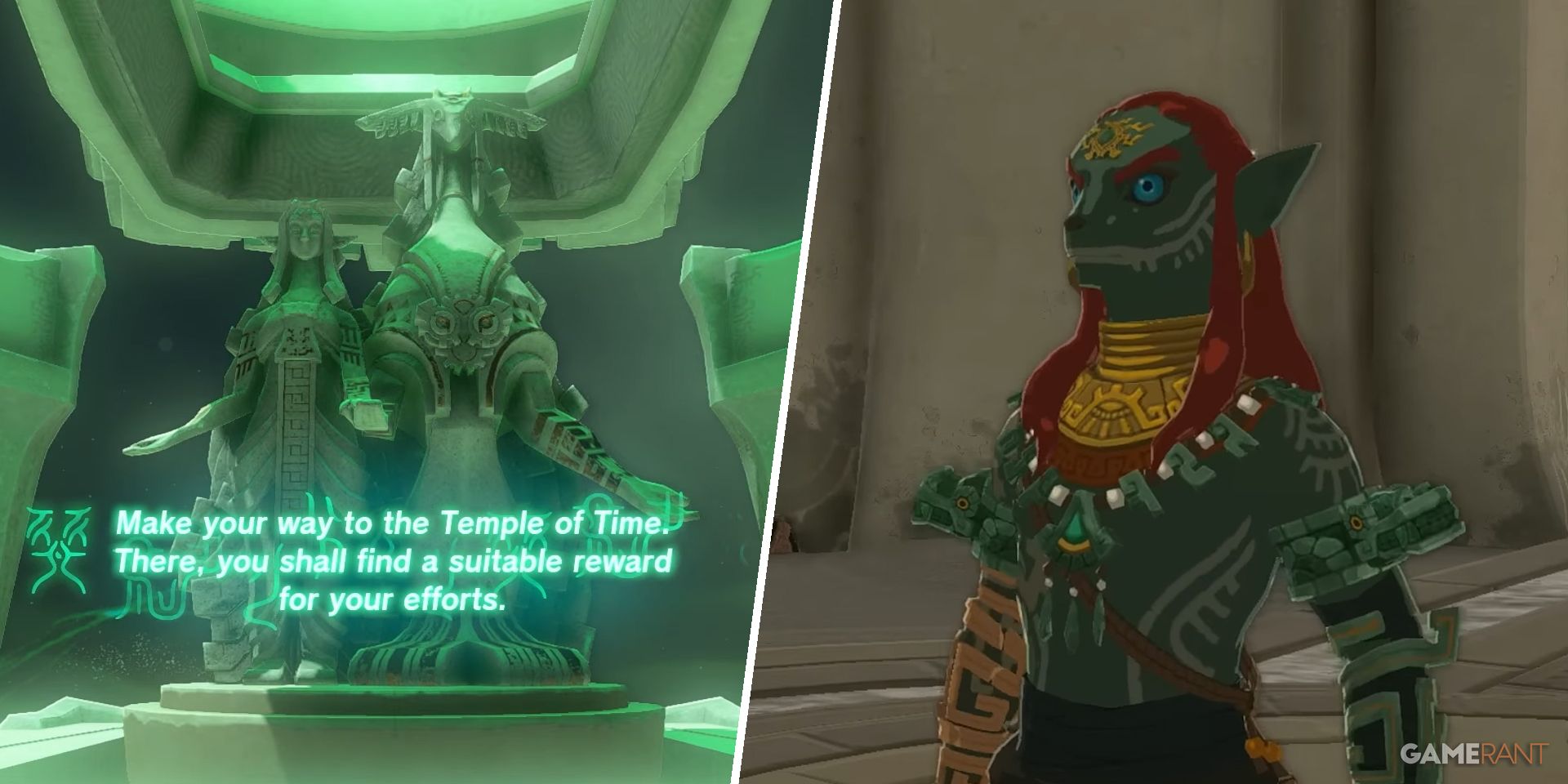The Concept of Heroism in Ancient Civilizations
The notion of heroism has been a pervasive theme throughout human history, with ancient hero’s aspect cultures celebrating the feats of courageous individuals who embodied the values of their societies. In ancient Greece, heroes like Perseus and Theseus were revered for their bravery and selflessness, while in Norse mythology, gods like Thor and Odin were idolized for their strength and wisdom. The concept of heroism was not only limited to mythological figures but also extended to historical personalities like Alexander the Great and Hannibal, who were celebrated for their military prowess and strategic genius.
The ancient hero’s aspect was not just a matter of personal achievement but also a reflection of the cultural and societal values of the time. Heroes were often seen as embodiments of the divine, with their actions and deeds reflecting the will of the gods. This divine connection was a common thread across various ancient cultures, highlighting the significance of heroism in the human experience.
The Evolution of ancient hero’s aspect: From Myth to Reality
As civilizations evolved, so did the concept of heroism. The mythological heroes of ancient times gave way to historical figures who embodied the values of their societies. The ancient Greeks, for example, transitioned from mythological heroes to historical figures like Leonidas and Socrates, who exemplified courage and wisdom in the face of adversity. Similarly, the Romans celebrated heroes like Julius Caesar and Marcus Aurelius, who embodied the values of leadership and wisdom.
The evolution of heroism was not limited to the individual but also extended to the collective. The concept of heroism became associated with the state, with heroes emerging as champions of their respective nations. This shift marked a significant turning point in the development of heroism, as it highlighted the importance of collective identity and national pride.
The Ancient Hero’s Aspect in Modern Times

The ancient hero’s aspect continues to influence modern society, with contemporary heroes emerging in various fields. From athletes like Michael Jordan and Usain Bolt to political leaders like Nelson Mandela and Malala Yousafzai, the concept of heroism remains an integral part of human culture. The values of courage, selflessness, and wisdom, which defined ancient heroes, continue to inspire individuals today.
The ancient hero’s aspect has also evolved to encompass new dimensions, such as environmentalism and social justice. Modern heroes like Greta Thunberg and Jane Goodall have emerged as champions of the planet and its inhabitants, reflecting the changing values and priorities of contemporary society.
The Timeless Legacy of Ancient Heroes
The ancient hero’s aspect has left an indelible mark on human history, shaping the course of civilization and inspiring generations. The values and ideals that defined ancient heroes continue to resonate today, serving as a reminder of the power of courage, wisdom, and selflessness.
As we look to the future, we draw strength and inspiration from the ancient hero’s aspect, a testament to the enduring power of heroism in the human experience. Whether in myth or reality, the ancient hero’s aspect remains an integral part of our collective heritage, a reminder of the boundless potential that lies within us all.
Conclusion
The ancient hero’s aspect is a rich tapestry of myth, history, and culture, woven together by the threads of courage, wisdom, and selflessness. As we continue to navigate the complexities of modern life, we would do well to draw inspiration from the ancient heroes who have shaped our world. Their legacy is a reminder that heroism is not just a relic of the past but a living, breathing force that continues to inspire and motivate us today.




